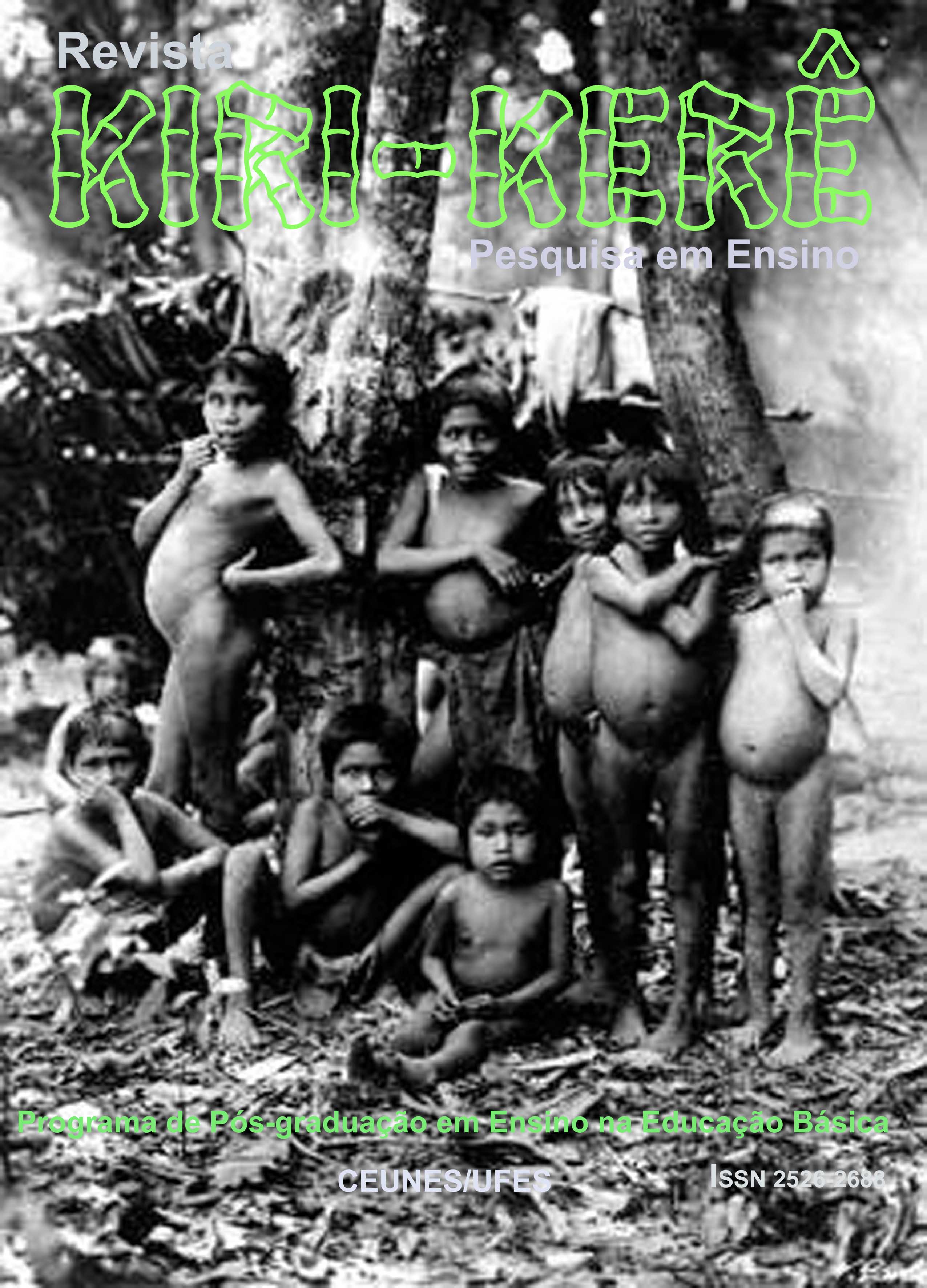Positive discipline as a method in the challenge of educating without violence
DOI:
https://doi.org/10.47456/krkr.v1i12.33606Keywords:
Psychological development, Positive discipline, Family education, Childhood, No violenceAbstract
This research aimed to answer whether positive discipline is an effective alternative in education without violence. The research was of a qualitative approach and the type of bibliographic study. Positive discipline states that for healthy neurodevelopment to occur, there must be a balance between permissiveness and rigidity and control. Thus, children have the opportunity to develop in social life and build their character formation and this takes place within an environment where kindness, firmness, respect and dignity are obtained. It assumes that most parents want their children to have essential qualities so that they are responsible adults and emotionally well developed. Although it has been found that the use of punishment and violence to solve bad behavior is convincing, this type of practice makes unsafe and unhappy adults and has no long-term benefits.
Downloads
References
BOECKEL, Mariana G. et al. Família, estresse e aspectos cognitivos: um modelo desenvolvimental. In: FUMAGALLI, Jerusa; HAASE, Vitor G.; MALLOY-DINIZ, Leandro F. (Org.). Neuropsicologia do desenvolvimento: infância e adolescência. Porto Alegre: Artmed, 2016. Cap. 19.
BRASIL. Lei nº 13.010, de 26 de junho de 2014. Altera a Lei nº 8.069, de 13 de julho de 1990 (Estatuto da Criança e do Adolescente), para estabelecer o direito da criança e do adolescente de serem educados e cuidados sem o uso de castigos físicos ou de tratamento cruel ou degradante, e altera a Lei nº 9.394, de 20 de dezembro de 1996. Disponível em <http://www.planalto.gov.br/ccivil_03/_ato2011-2014/2014/lei/l13010.htm>. Acesso em: 16 mai. 2020.
HORTA, Ricardo de Lins e. Neurociências e políticas públicas para a infância e a adolescência. In: FUMAGALLI, Jerusa, HAASE, Vitor G.; MALLOY-DINIZ, Leandro F. (Org.). Neuropsicologia do desenvolvimento: infância e adolescência. Porto Alegre: Artmed, 2016. Cap. 21.
LACERDA, Mariana. Disciplina positiva: o caminho saudável para criar conexão verdadeira e educar as crianças com amor e respeito. [S. l.: s. n.], [2019?]. E-book.
MACANA, Esmeralda C.; COMIM, Flávio. O papel das práticas e estilos parentais no desenvolvimento da primeira infância. In: PLUCIENNIK, Gabriela A.; LAZZARI, Márcia C.; CHICARO, Marina F. (Org.). Fundamentos da família como promotora do desenvolvimento infantil: parentalidade em foco. São Paulo: Fundação Maria Cecília Souto Vidigal – FMCSV, 2015. Cap. 2. pp. 34 - 47. Disponível em: <http://agendaprimeirainfancia.org.br/arquivos/Fundamentos_Familia.pdf>.
NELSEN, Jane. Disciplina positiva. 3. ed. Barueri: Manole, 2016.
PIZZANI, Luciana et al. A arte da pesquisa bibliográfica na busca do conhecimento. RDBCI: Revista Digital de Biblioteconomia e Ciência da Informação, 10 jul. 2012, 10, n. 2, pp. 53-66. DOI: 10.20396/rdbci.v10i1.1896. Disponível em: <https://periodicos.sbu.unicamp.br/ojs/index.php/rdbci/article/view/1896>. Acesso em: 24 abr. 2020.
PRODANOV, Cleber C.; FREITAS, Ernani C. de. Metodologia do trabalho científico: métodos e técnicas da pesquisa e do trabalho acadêmico. 2. ed. Novo Hamburgo: Feevale, 2013. E-book.
SENA, Ligia S.; MORTENSEN, Andreia C. K. Educar sem violência: criando filhos sem palmadas. [S. l.]: Papirus, 2015. E-pub.
Downloads
Published
Issue
Section
License
The authors accept, when sending their works, the assignment of their copyrights.

